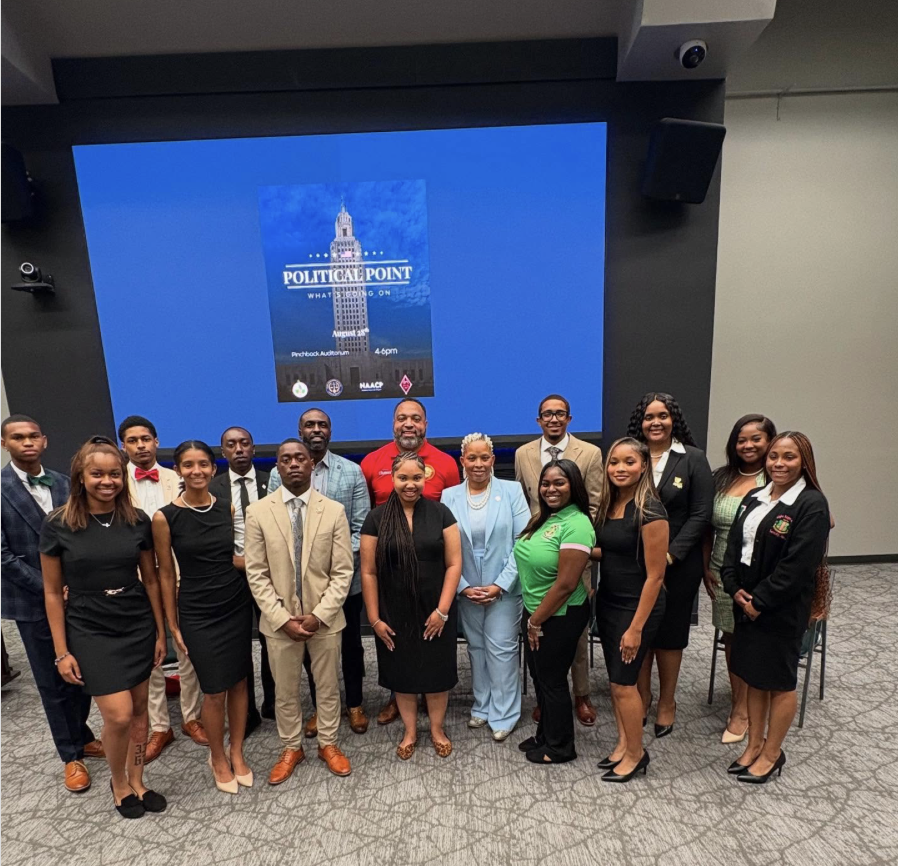Last week, the IRS released its annual “dirty dozen” tax schemes. New to the list, and also at the top in number of cases, are illegal offshore transactions and identity theft.
The IRS said some people are illegally using offshore credit cards, trusts or other instruments to hide or under-report income or to claim false deductions. This scheme alone is estimated to cost the government tens of billions of dollars in lost tax revenue each year, said Sam Serio, an IRS spokesman in Baltimore.
Under an IRS program, those with improper offshore accounts have until April 15 to report these activities without facing civil fraud and other reporting penalties. Individuals will still owe taxes, interest and late payment penalties. To take advantage of the program, call (215) 516-3537.
After the deadline, taxpayers caught with improper accounts face additional penalties and may be criminally prosecuted, the IRS said.
In cases of identity theft, someone’s personal and financial information is stolen and used to apply for credit cards and loans.
The IRS said it has recently become aware of an ID theft scheme involving tax preparers stealing clients’ financial information. In another case, thieves sent fake bank correspondence and IRS forms to get taxpayers to reveal their personal and banking information.
Last year, the No. 1 scam involved promoters charging African Americans a fee to file for tax credits or refunds related to slavery reparations. There is no such credit or refund. The con is still on the IRS list of scams this year, although the number of cases has dropped sharply as word of the hoax spread.
Another scheme making the IRS list involves unscrupulous tax return preparers who promise a big refund even before knowing an individual’s tax situation, said Gregory Szczeszek, acting special agent-in-charge for the IRS in Baltimore. These preparers will try to get a bigger refund by inflating deductions or adjusting income so the filer qualifies for tax credits, he said.
Among the warning signs are deductions on the return that don’t apply to the filer or preparers who won’t give taxpayers a copy of their return. “If a return preparer is saying the fee is based on a percentage of the refund, that’s another type of red flag,” Szczeszek said.
Even if taxpayers hire a preparer, “they are ultimately responsible for what’s on their tax returns,” Szczeszek added.
And choosing the wrong preparer can be expensive. “In general, with all the scams, the individual taxpayers, whether they know about it or not, are the ones that eventually owe the tax and owe penalties and interest on the taxes, at a minimum,” Serio said.
Other scams to beware of this season, according to the IRS:
–Fake checks. Schemers sell phony checks, called “sight drafts,” that consumers use to pay their tax bill. Sometimes filers are told to use the checks to overpay their taxes so they can receive a refund.
–False home-based business claims. Scam artists tell people they can deduct their personal expenses as business expenses by setting up a fake home-based business.
–Impostor agents. Be wary of the IRS agent who makes house calls to collect taxes. Agents and field auditors carry photo IDs and will usually contact you before a visit. Call the local police if you suspect someone at your door of being an impostor, the IRS said.
–Sharing dependents. Tax preparers use one client’s children on another’s return, so both filers can claim the earned income tax credit and receive a refund. The client whose children are used on someone’s else return splits a fee with the preparer.
–Social Security refunds. In this hoax, con artists charge victims an upfront fee of $100 to file a refund for all the Social Security taxes they have paid during their life. There is no such refund.
–Pay a tax to get a prize. Be wary of calls claiming that you have won a prize, but to collect it you must first pay income tax on the prize to the caller.
Categories:
Taxpayers Need to beware of phony Refunds, Other scams
February 28, 2003
0
More to Discover





